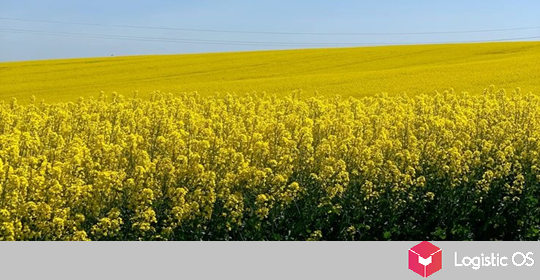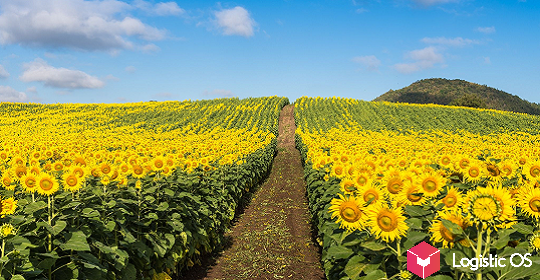In connection with the current situation in the world, it is becoming increasingly difficult for Russian agricultural traders to enter the world market with grain.
Some are reducing volumes, others are unable to circumvent sanctions and curtail their activities, and others are Western companies that have to leave the Russian market altogether.
Against this background, there are prerequisites for agricultural producers to take on the functions of traders themselves.
It is very interesting for a foreign buyer to cooperate directly with the manufacturer, since he knows everything about him (unlike a trader), he can be much more confident in the quality of the product, since the manufacturer pays great attention to control at all stages.
All this leads to the fact that if recently the share of manufacturers was no more than 10% in the structure of exports, now this share is starting to grow.
It is assumed that in the near future its own agricultural market may appear in the south of Russia, for example, in the Krasnodar Territory.
Why is the south a priority?
Firstly, it is there that a significant part of agricultural products in Russia is produced.
In addition, there is a developed logistics infrastructure. These are elevators, and railways, as well as seaports and terminals.
All this allows you to quickly send grain for export.
However, what is missing is its own market.
Today, Western countries are doing everything to make it difficult to sell Russian grain: both accounts and money transfers are blocked.
Therefore, it is possible that a market will have to be created in the south of the Russian Federation, where, for example, their own clearing currencies will be used for settlement.
At the same time, foreign states, banning Russian grain, are in great need of it.
As the head of the Ministry of Agriculture of the Russian Federation Dmitry Patrushev noted, it was Russia, which gathered a record harvest this year, that by the end of the year could deliver abroad those 30 million tons of grain, which, according to the UN, could prevent food shortages in the world.
Will the crop be sold?
The Russian Federation this year has collected up to 150 million tons of grain, of which at least 60 million tons must be sold.
At the same time, export volumes decreased due to all of the above difficulties. For example, the Novorossiysk seaport shipped three times less volume this year than last year.
At the same time, it is vital to sell the harvest: farmers need money to compensate for the greatly increased prices for spare parts for equipment, fuel and lubricants, and much more.
However, according to Eduard Zernin, Chairman of the Board of the Union of Grain Exporters, Russia, one way or another, will still sell its grain, even if it really has to create its own market.
New supply chains are already being built, new partners are being found. Currently, grain exports have become more flexible: for example, you have to learn how to work with smaller batches of goods.

